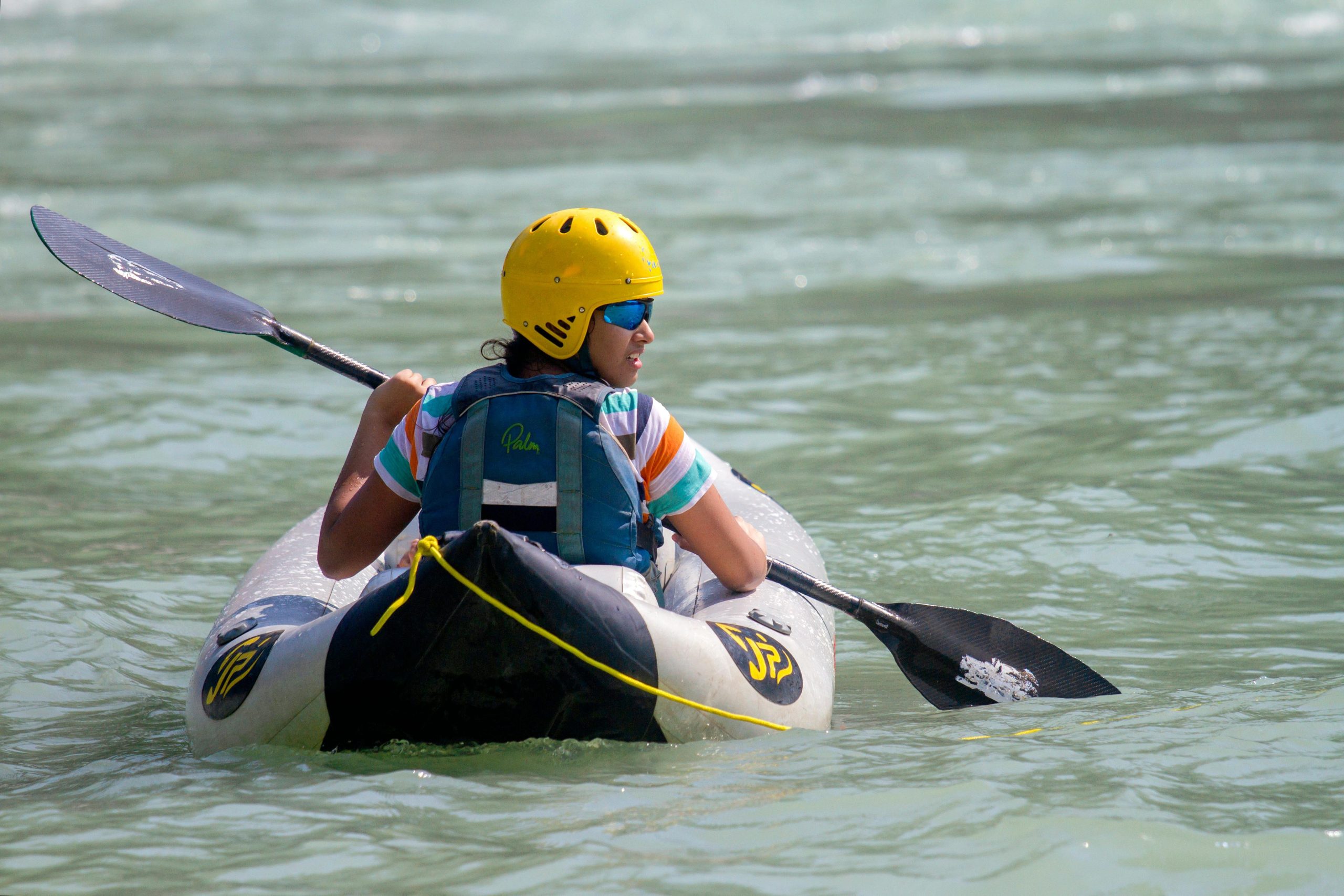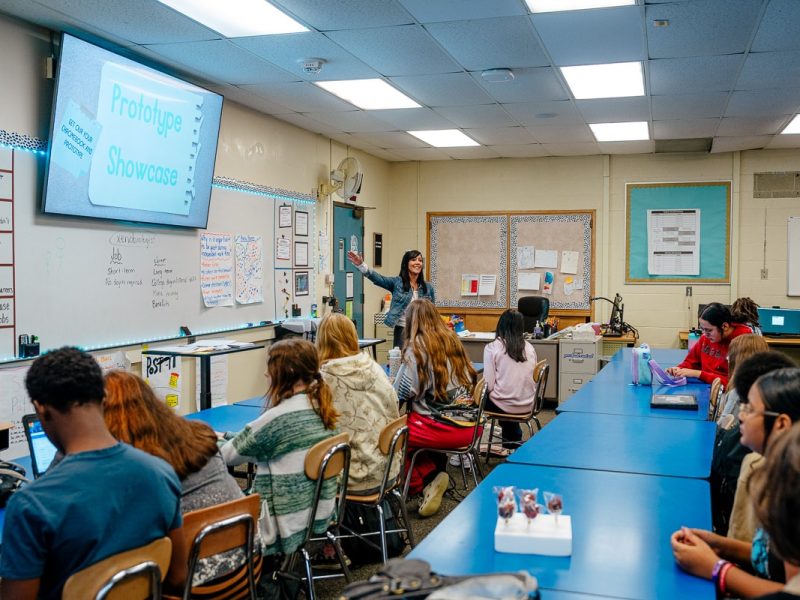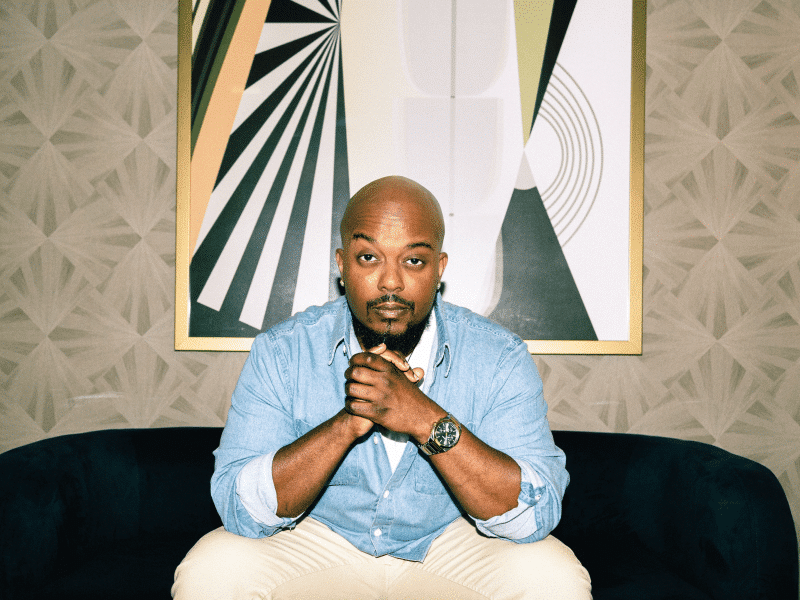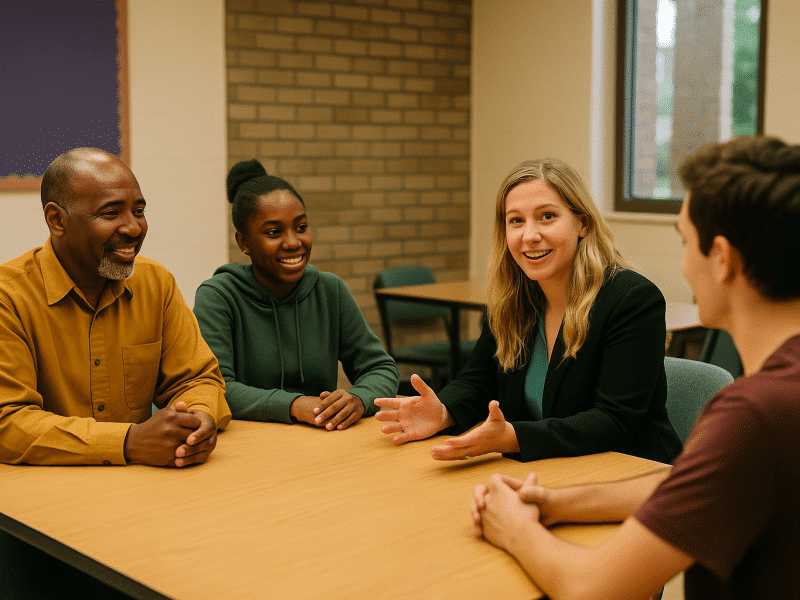Inclusive kayak events help enable recreation for all abilities
The Flint Rivershed Coalition, The Disability Network, and Genesee County Parks hosts inclusive kayaking events, iKayak workshops, for those with disabilities and hurdles which otherwise prevent them from enjoying the sport.

FLINT, Michigan — Kayaking is an enjoyable recreational activity, but it’s not always accessible for everyone. Whether it’s a cost barrier or a physical barrier due to a disability, some people have never been in a kayak floating on the water. The Flint Rivershed Coalition aims to change that by offering inclusive kayaking events called iKayak workshops.
Jaime Welch is the paddles program manager at the Flint River Watershed Coalition. For the past 25 years, the nonprofit’s mission has been to protect, promote, and improve the Flint River. The organization does water quality testing, water cleanups, and works with local and state officials as well as local residents and recreation enthusiasts.
“We do a little bit of everything, but it’s all centered around the river, and trying to get people engaged, to realize what an amazing resource we have, and why it’s so important to protect it,” Welch says.
The Flint River Watershed Coalition (FRWC) hosts inclusive kayaking workshops, iKayak, in partnership with The Disability Network and the Genesee County Parks. These programs provide leadership of a certified adaptive paddle instructor and certified recreational therapist to help individuals with disabilities and their families enjoy kayaking.
The next iKayak workshop is scheduled for Friday, Sept. 6 from 10 a.m. to 4 p.m. at the Bluegill Boat Launch on Mott Lake.
“iKayak is for anyone needing adaptation, those with disabilities, older adults, or those recovering from an injury that need adaptation,” says Welch. “Many outdoor spaces aren’t designed for universal access, and kayaking is not a sport most people think of as being accessible. Our goal is to change that by giving our participants the information, access, and ability to stay safe on the water in a way that works for them.”
The iKayak programs began in 2018, after The Disability Network received an ecotourism micogrant and approached the FRWC. The following year, the Genesee County Parks became a partner.
Each workshop is designed to give participants the time and space they need to get comfortable on the water, by providing them with instruction, support and helpful information from river guides. All equipment is provided so kayakers can learn how to get in and out of the vessel, hold the paddle, different paddle strokes, equipment choices, and how to use the fully accessible EZ Docks.
Welch says the workshops are three-pronged, starting with a basic workshop to see if folks like being on the water, followed by up to an hour spent on the water.
“If we have someone that needs additional adaptation, they would go to phase two where we do a one-on-one with them, and we can build them a molded seat that would fit into the kayak. If we have someone that has hand weakness, we’ll work on ways to figure out how to help them so they can effectively hold the paddle,” Welch says. “The third phase is where they come on one of our guided paddles, with a staff member helping them with launching, landing, and everything in between.”
By providing hand grips, molded seats, outriggers for balance and support, and tandem kayaks, these adaptations help enable people who never thought they could experience what it feels like to actually kayak. Witnessing that experience firsthand is moving, says Welch.
“It’s the reason I do this job, because you get someone who will tell you they don’t think they can do it, but they get out there, and they can do it, and do it in their own way,” Welch says. “That’s giving someone a freedom and independence that they didn’t have. It’s amazing to be able to see that smile of somebody getting out on the water.”
Some participants enjoy it so much they sign up again, or enjoy other kayaking events through the organization. For some, it’s a way to make new friends, enjoy outdoor recreation, build confidence and a community.
“It can be hard when you have a disability to find all the help you need,” Welch says. “It’s a nice connecting point, not just for our program, but to also help folks find the resources they need outside of our program too. It sounds like it’s just kayaking, but it’s a lot more.”
The iKayak workshop is for ages 12 and up, and has a suggested donation of $20, but can be waived if the price is a barrier. Registration is due Sept. 5, the day before the event. Registration is available here.






